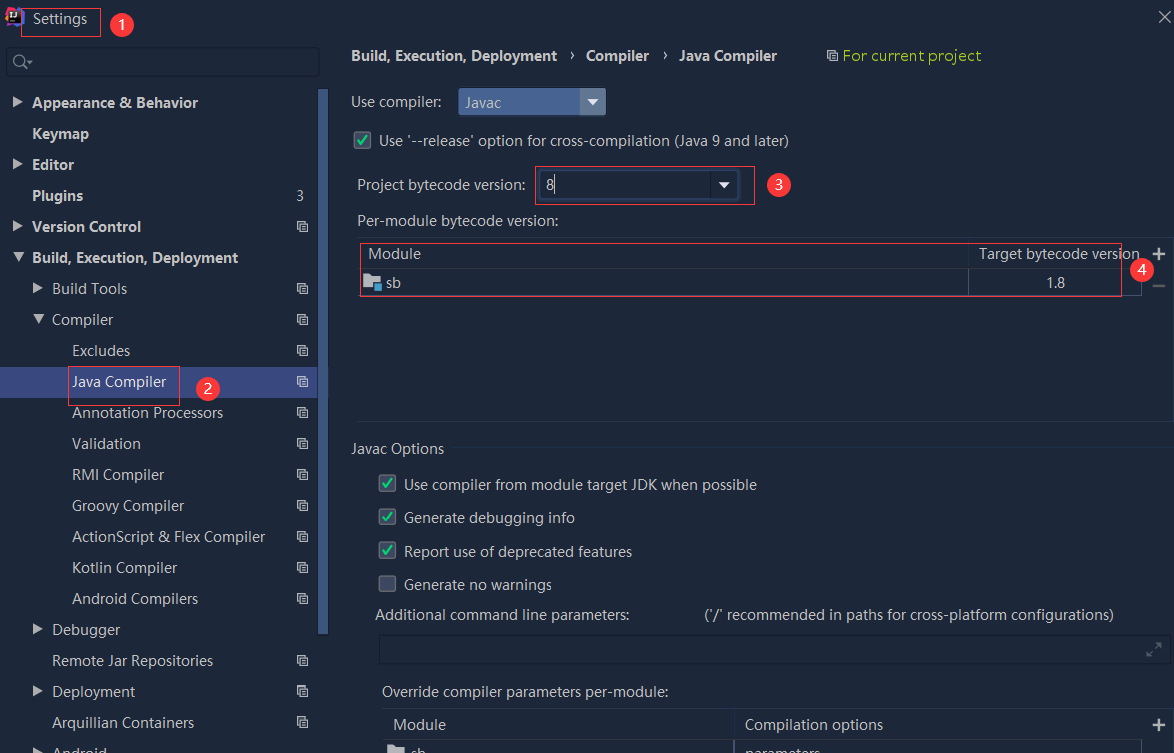问题描述
我是C ++的新手,我完全不了解如何仅对C ++中向量中存储的偶数求和。
任务本身要求用户输入一定数量的随机整数,在输入为0时停止,然后返回偶数值的数量和这些偶数值的总和。
据我所知:
#include <algorithm>
#include <functional>
#include <iostream>
#include <vector>
#include <numeric>
using namespace std;
int main()
{
vector<int> vet;
int s = 1;
while (s != 0) {
std::cin >> s;
vet.push_back(s);
}
int n = count_if(vet.begin(),vet.end(),[](int n) { return (n % 2) == 0; });
cout << n << endl;
//here is the start of my problems and lack of undertanding. Basically bad improv from previous method
int m = accumulate(vet.begin(),[](int m) { for (auto m : vet) {
return (m % 2) == 0; });
cout << m << endl; //would love to see the sum of even values here
return 0;
}
解决方法
要传递给std::accumulate的函数采用两个值:当前累加值和当前元素的值。
您应该做的是将值添加为偶数,否则将不做任何更改。
int m = accumulate(vet.begin(),vet.end(),[](int cur,int m) {
if ((m % 2) == 0) {
return cur + m; // add this element
} else {
return cur; // make no change
}
});
从c ++ 20开始,您可以分离出检查偶数的逻辑和对这些值求和的逻辑:
auto is_even = [](int i) { return i % 2 == 0; };
auto evens = vet | std::views::filter(is_even);
auto sum = std::accumulate(std::begin(evens),std::end(evens),0);
这里是demo。
,这是我的解决方案(很抱歉,如果不对,我正在用手机写它)
您不需要向量形式,只需要从输入中直接检查数字是否可被2整除 我的解决方案:(有点丑陋)
#include <iostream>
using namespace std;
int main()
{
int s {1};
int sum{};
int countNum{};
while (s != 0)
{
cin >> s;
if (s % 2 == 0)
{
sum += s;
countNum++;
}
}
cout << countNum << ' ' << sum;
}
我真的不知道您要在代码的第二部分中做什么,但是您可以通过这种方式将偶数求和,并且当您使用命名空间std时,我想告诉您另一件事,您不需要写std :: cin您只能直接写cin
#include <iostream>
#include <vector>
using namespace std;
int main()
{
vector<int> vet;
int s = 1;
//Take Input
while (s != 0) {
cin >> s;
vet.push_back(s);
}
//count elements
int elements_count = vet.size(); //vet.size() return the total number of elements of vector
//store the sum here
int sum=0;
//loop on the vector and sum only even numbers
for(int i=0;i<elements_count;i++){
if(vet[i] %2 ==0)
sum += vet[i];//check of the element of index i in the vector is even if it true it will add to sum
}
cout << sum;
return 0;
}
int sumEven=0;
int v[100];
int n;//number of elements you want to enter in the array
do{cout<<"Enter n";
cin>>n;}while(n<=0);
//in a normal 1 dimensional array
for(int i=0;i<n;i++)
if(v[i]%2==0)
sumEven+=v[i];
//in a vector
vector<int> v;
for(vector<int>::iterator it=v.begin();it!=v.end();it++)
if(*it%2==0)
sumEven+=v[i];
基于范围的循环
基于范围的for循环可以说永远是STL算法的有效替代方法,特别是在算法的运算符不重要的情况下。
在C ++ 14和C ++ 17中
例如在立即执行的可变lambda中包装基于范围的偶数累积for循环:
#include <iostream>
#include <vector>
int main() {
// C++17: omit <int> and rely on CTAD.
const std::vector<int> v{1,10,2,7,4,5,8,13,18,19};
const auto sum_of_even_values = [sum = 0,&v]() mutable {
for (auto val : v) {
if (val % 2 == 0) { sum += val; }
}
return sum;
}();
std::cout << sum_of_even_values; // 42
}
在C ++ 20中
从C ++ 20开始,您可以在基于范围的for循环和the ranges library中使用初始化语句,从而可以在基于范围的for循环的初始化语句中声明一个二进制比较器。 ,然后将其与std::ranges::filter_view适配器一起应用于循环的范围表达式:
#include <iostream>
#include <vector>
#include <ranges>
int main() {
const std::vector v{1,19};
const auto sum_of_even_values = [sum = 0,&v]() mutable {
for (auto is_even = [](int i) { return i % 2 == 0; };
auto val : v | std::ranges::views::filter(is_even)) {
sum += val;
}
return sum;
}();
std::cout << sum_of_even_values; // 42
}
类似于上面的答案,但是如果您也要保留偶数向量,则有两种方法。
#include <algorithm>
#include <iostream>
#include <numeric>
#include <vector>
int main() {
std::vector<int> vec = {1,3,6,9,10};
// Hold onto what we know is the right answer.
int known_sum = 2+4+6+8+10;
// Copy only even values into another vector
std::vector<int> even_values;
std::copy_if(vec.begin(),vec.end(),std::back_inserter(even_values),[](int val){ return val%2==0; });
// Compute sum from even values vector
int even_value_sum = std::accumulate(even_values.begin(),even_values.end(),0);
// Compute sum from original vector
int even_value_second = std::accumulate(vec.begin(),[](int current_sum,int new_value) {
return new_value%2==0 ? current_sum + new_value:current_sum;
}
);
// These should all be the same.
std::cout << "Sum from only even vector: " << even_value_sum << std::endl;
std::cout << "Sum from binary op in std accumulate: " << even_value_second << std::endl;
std::cout << "Known Sum: " << known_sum << std::endl;
}

 依赖报错 idea导入项目后依赖报错,解决方案:https://blog....
依赖报错 idea导入项目后依赖报错,解决方案:https://blog....
 错误1:gradle项目控制台输出为乱码 # 解决方案:https://bl...
错误1:gradle项目控制台输出为乱码 # 解决方案:https://bl...